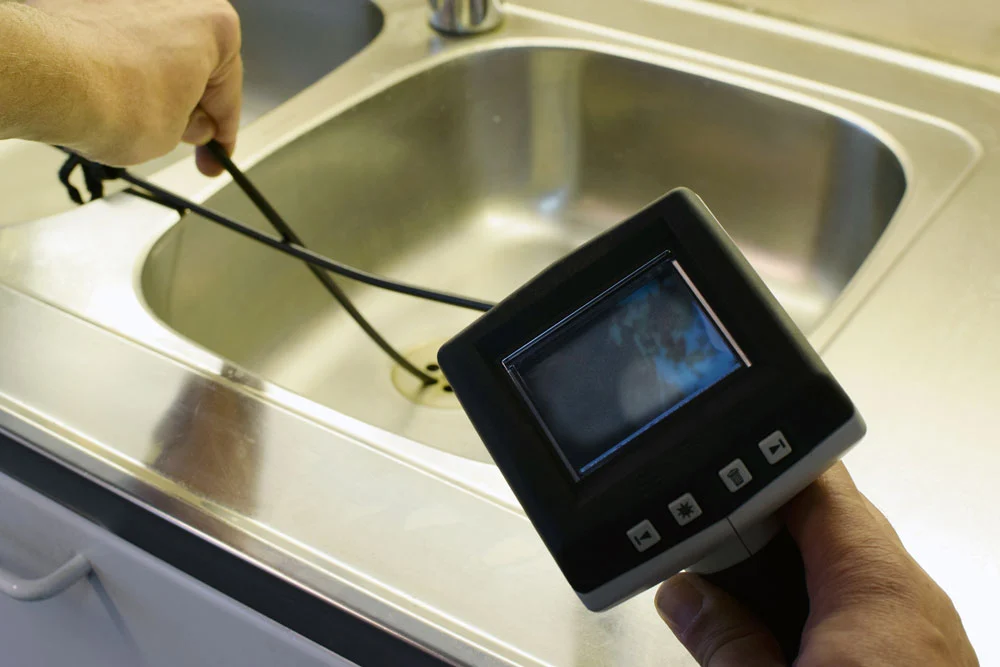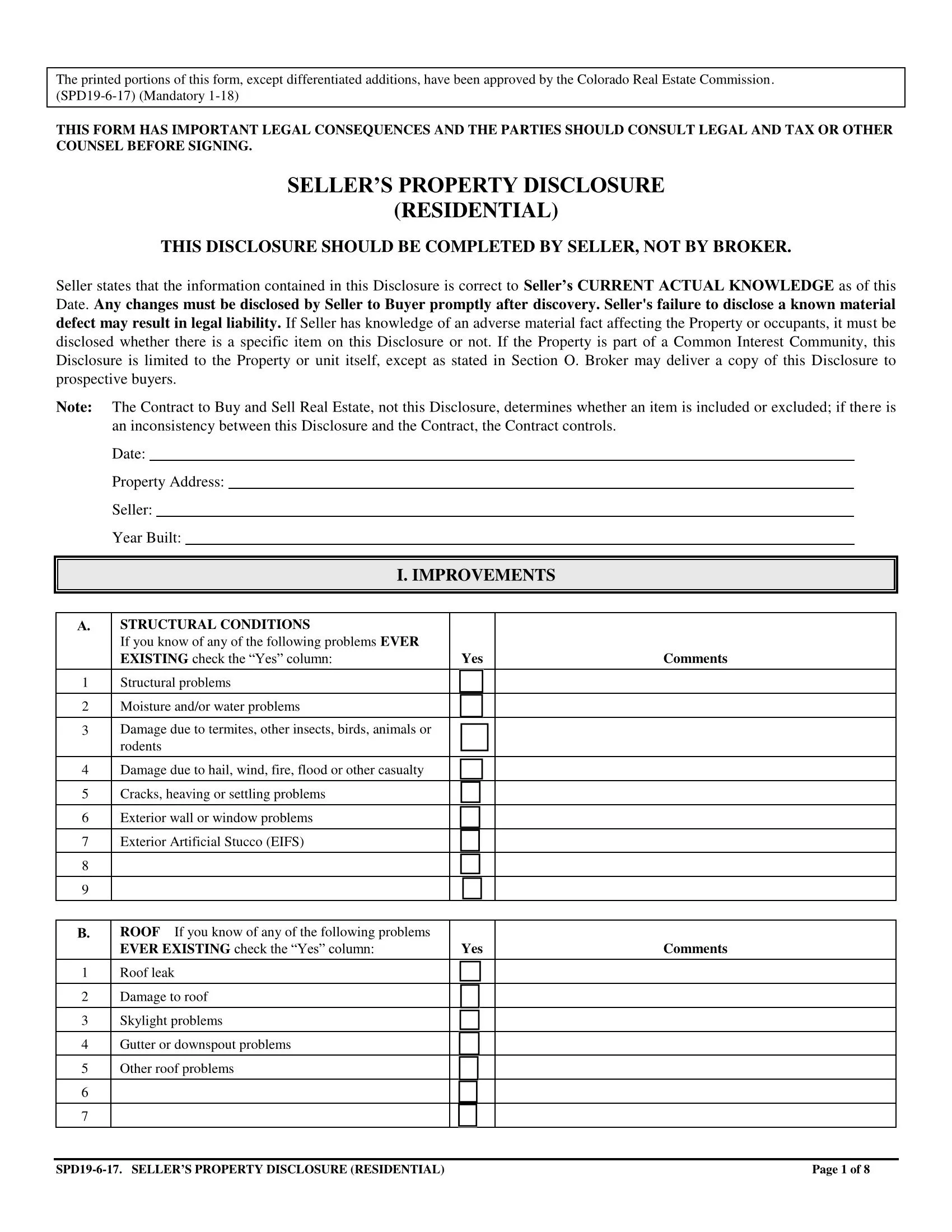Residential Property Inspections
Home inspections can help identify potential environmental hazards such as lead, asbestos, mold, and other toxic substances that may be present in the home or building. By identifying these hazards, homeowners can take steps to address them and protect themselves and others from potential health risks.

What Is Done During A Home Inspection?
During a home inspection, the following items should be tested and evaluated:
- Structure: The inspector will examine the foundation, walls, roof, and other structural components for any defects, damage or signs of wear.
- Plumbing: The inspector will check all pipes, fixtures, faucets, and drains to ensure proper functioning, and identify any leaks or issues that require repair.
- Electrical: The inspector will evaluate the electrical system, including the main panel, circuit breakers, outlets, and switches, to ensure they are safe and working correctly.
- HVAC (heating, ventilation, and air conditioning): The inspector will assess the furnace, air conditioner, and ductwork to make sure they are working correctly and safely.
- Appliances: The inspector will test appliances such as the stove, oven, dishwasher, and garbage disposal to ensure they are functioning correctly.
- Roofing: The inspector will examine the roof and any related components, including gutters and downspouts, to identify any damage or leaks.
- Exterior: The inspector will evaluate the siding, windows, doors, and exterior drainage systems, such as gutters and downspouts, to ensure they are in good condition and functioning correctly.
- Interior: The inspector will assess the walls, ceilings, floors, doors, and windows for any damage or defects.
- Safety: The inspector will evaluate the home for potential safety hazards, such as carbon monoxide and smoke detectors, electrical hazards, and other risks.
Overall, the inspector will provide a detailed report of their findings and recommendations for any necessary repairs or improvements.

Do I need a Sewer Scope?
It is generally a good idea to have a sewer scope inspection when buying a house, especially if the property is older or if there have been any previous plumbing issues or repairs. A sewer scope inspection involves using a specialized camera to inspect the main sewer line and identify any potential problems, such as clogs, damage, or deterioration. If issues are found, it could result in significant repair costs for the buyer. A sewer scope inspection is not typically included in a standard home inspection, so it may require an additional cost. However, the cost of a sewer scope inspection is relatively small compared to the potential cost of repairing or replacing a damaged sewer line. In summary, while a sewer scope inspection may not be required, it is highly recommended to help identify any potential issues with the sewer line and prevent costly repairs in the future.
What Should Be Disclosed when Purchasing or Selling a House?
Colorado Sellers Property Disclosure (Residential)

Download Disclosure File
Residential Home Inspection FAQs
EnvioCore Asbestos Testing Certified to Meet any Renovation Permit Requirements
EnvioCore asbestos testing is conducted under the strictest standards, so our test results are certified to meet state and federal Renovation permit requirements. Each city and county in the state will have its own local requirement of what they ask for as far as testing documentation upfront in the beginning of your project. This can be misleading if they are not specific about the asbestos testing, as it is the State of Colorado CDPHE that regulates the asbestos and not the local cities and counties. EnvioCore can make sure you are safe before you start any Renovation Project!